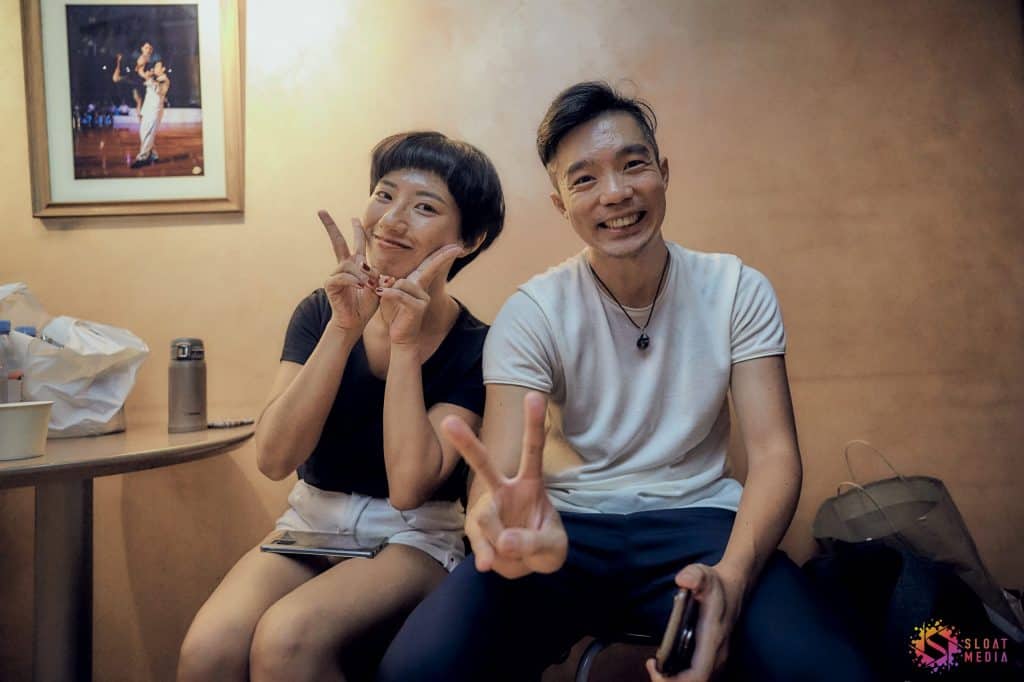Pictured above: Latiifah and Dan at the Copa Taiwan Salsa/Bachata social at Tanguisimo in Taipei. Picture by Sloat Media.
In social dancing, there is often a pressure to accept every invitation to dance. In the Taipei salsa, bachata, and zouk scenes, for example, dancers are generally very friendly and want to be polite and welcoming. We want everyone to feel accepted. We don’t want anyone to feel left out or rejected or insulted. After all, it can be kind of scary to ask someone to dance and risk being rejected, right?
Of course, if you only dance with people you think are good looking or good dancers, it hurts people’s feelings and damages the harmony of the scene, and it can hinder the growth of new dancers. Dancing with a wide variety of people makes a scene more inclusive and harmonious and helps to give new dancers confidence and inspire them, and all these things are good. So why would we consider rejecting someone who invites us to dance?
If a dancer is inexperienced or didn’t learn properly, they might try to dance very dramatically but in a way that is dangerous or awkward. A leader might try to do some crazy lift, a follower might throw herself into dips that aren’t led… In more sensual dances like Brazilian zouk, bachata, kizomba, etc, a dancer might dance super close the whole song and stare at their partner (who is not feeling it at all) etc. They may think they are giving their partner exactly what will make them happy and are simply not aware that this is a problem.
In this case, the partner who feels uncomfortable can indicate their discomfort through body language and eventually talking with their partner if that fails (see my previous article On Leading and Following and Invitation vs Obligation). As a leader, I’ve been in that position before- many of us have. A few years ago, a friend gently told me that I was very rough after dancing bachata with her. It hurt my ego, but I became a little more self-aware and worked on changing that, and I’m glad she said it. So when it’s possible to help someone see behavior that affects their partners, that’s a good thing.
However, that does not mean we have to allow ourselves to be used by people who do not respect us! If a dancer- a leader or follower- consistently tries to put you in unsafe or uncomfortable positions, or if you feel they don’t respect you or their partners in general, or if you simply don’t enjoy dancing with that person you have the right to decline when they ask you to dance. This doesn’t make you a bad person. You can make an excuse if you want to, but it’s perfectly acceptable to politely say, “No, thank you.” If you feel that their leading problem is probably unintentional, you can say something like, “Can we not do (dips, lifts, dance too close, whatever the problem is)? I don’t feel (safe, comfortable, etc) with that” before you decide whether to accept. In any case, you do not have the obligation to dance with anyone, ever.
Be kind to others. You don’t know a person’s inner struggles, and giving a little of your time and patience can help them in ways you might never know. However, don’t be too kind to someone when it means being unkind to yourself. What gets rewarded gets repeated, so don’t reward repeated unacceptable behavior with more dances 🙂
